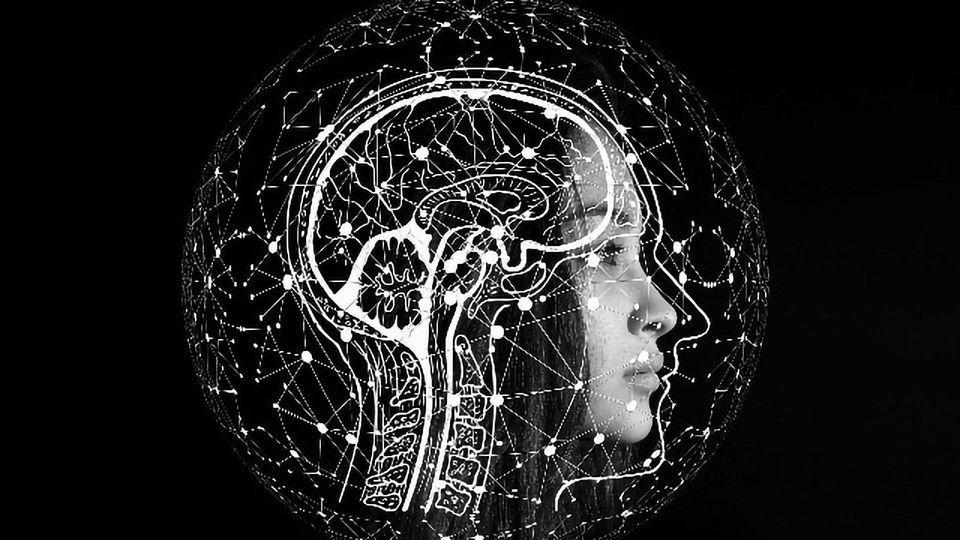Artificial intelligence (AI) and the mind are two concepts that have become increasingly intertwined in recent years. AI has evolved from a field of computer science into a discipline that seeks to create machines that can mimic human thought and behavior.
As Artificial intelligence AI technologies become more advanced, questions about the relationship between AI and the mind are becoming more urgent. In this article, we will explore the relationship between AI and the mind and the implications of this relationship for the future of technology and society.

What is Artificial Intelligence?
Artificial intelligence is a field of computer science that seeks to create machines that can perform tasks that typically require human intelligence, such as perception, reasoning, learning, and decision-making.
AI technologies range from simple rule-based systems to sophisticated neural networks and deep learning algorithms that can recognize patterns in vast amounts of data.
Used in a variety of applications, including image and speech recognition, natural language processing, autonomous vehicles, and robotics. Various industries, including healthcare and finance, have utilized AI to enhance efficiency and accuracy.
What is the Mind?
The mind is a complex phenomenon that includes consciousness, perception, cognition, emotion, and behavior. Our thoughts, feelings, also actions are under the responsibility of the mind, which closely links to the brain’s functioning.
The subject of study in many disciplines, including psychology, neuroscience, philosophy, and cognitive science. Understanding the nature of the mind has important implications for our understanding of human behavior, mental health, and consciousness.
The Relationship between AI and the Mind
The relationship between AI and the mind is complex and multifaceted. On one hand, AI seeks to replicate the functions of the mind, and on the other hand, the development of AI technologies raises questions about the nature of the mind itself.
One way that AI and the mind are related is through the concept of machine learning. Machine learning is a subfield of AI that uses algorithms to learn from data and also make predictions or decisions. Machine learning is based on the idea that machines can learn from experience, just like humans do.
However, while machines can learn from experience, they do not have the same capacity for creativity, intuition, and insight as humans do. Machines find it difficult to replicate qualities associated with the human mind.
Another way that AI and the mind are related is through the concept of consciousness. The functioning of the brain is closely linked to consciousness, which is the subjective experience of awareness. The question of whether machines can be conscious, or have subjective experiences, is a subject of debate in the field of AI.
Some researchers contend that machines can possess a form of consciousness, but others assert that consciousness is a distinctly human phenomenon that machines cannot replicate.
The debate over the nature of consciousness has important implications for the development of AI technologies. Particularly in the areas of robotics and autonomous systems.
Implications for the Future of Technology and Society
The relationship between AI and the mind has important implications for the future of technology and society. As AI technologies become more advanced, they have the potential to transform many aspects of our lives.
However, the development of AI technologies also raises ethical and social questions, particularly around issues of privacy, autonomy, and control. The use of AI in decision-making, for example, raises questions about who is responsible for the outcomes of those decisions.
The relationship between AI and the mind also raises questions about the future of work. As AI technologies become more advanced. They have the potential to automate many jobs, leading to significant changes in the labor market. This has important implications for workers, businesses, and policymakers. 온라인카지노
Be First to Comment